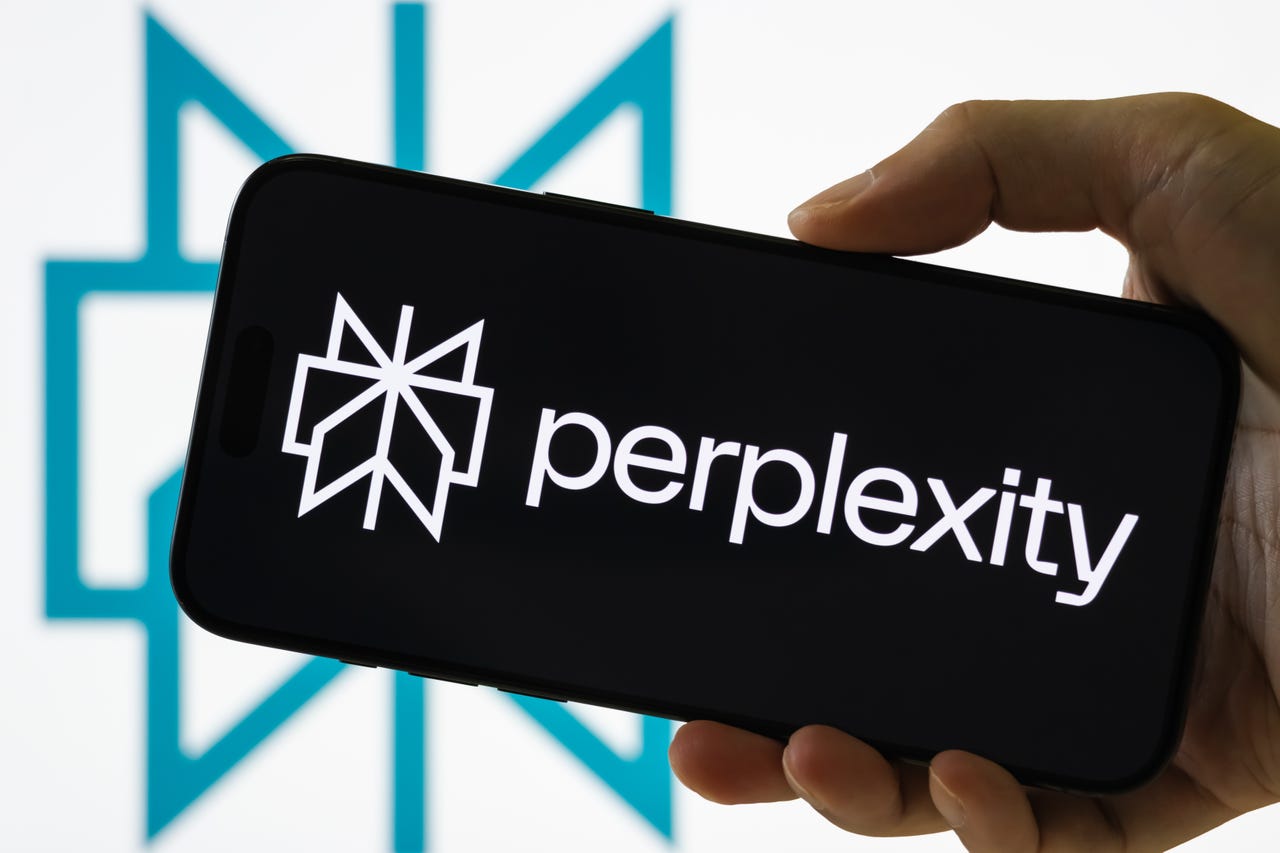OpenAI moves Sora to paid model, discovers concept of paying for content
PositiveArtificial Intelligence

OpenAI has transitioned its Sora platform to a paid model, marking a significant shift in how content is valued and monetized. This move not only highlights the growing trend of paying for digital content but also sets a precedent for other companies in the tech industry. By embracing a paid model, OpenAI is acknowledging the importance of quality content and the need for sustainable revenue streams in the digital age.
— Curated by the World Pulse Now AI Editorial System






